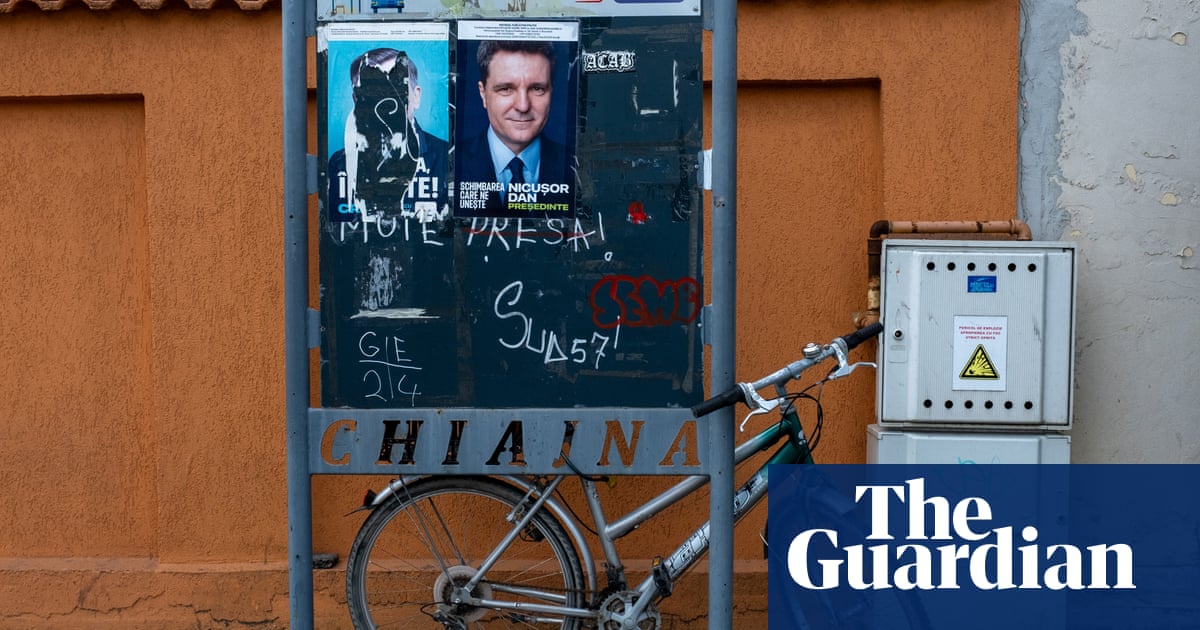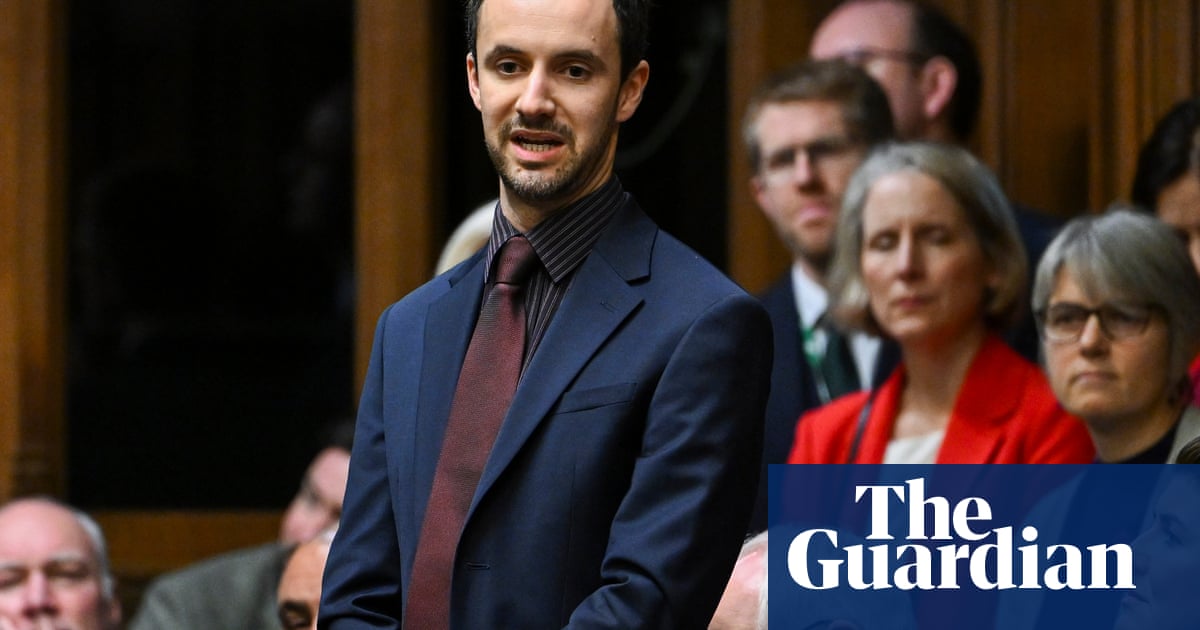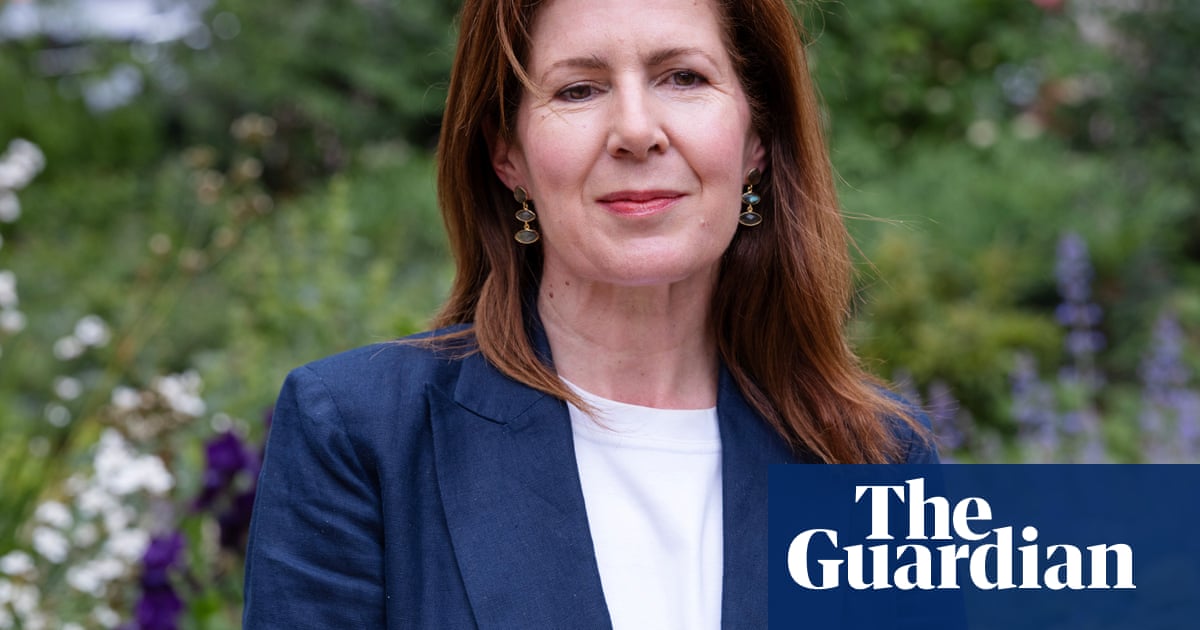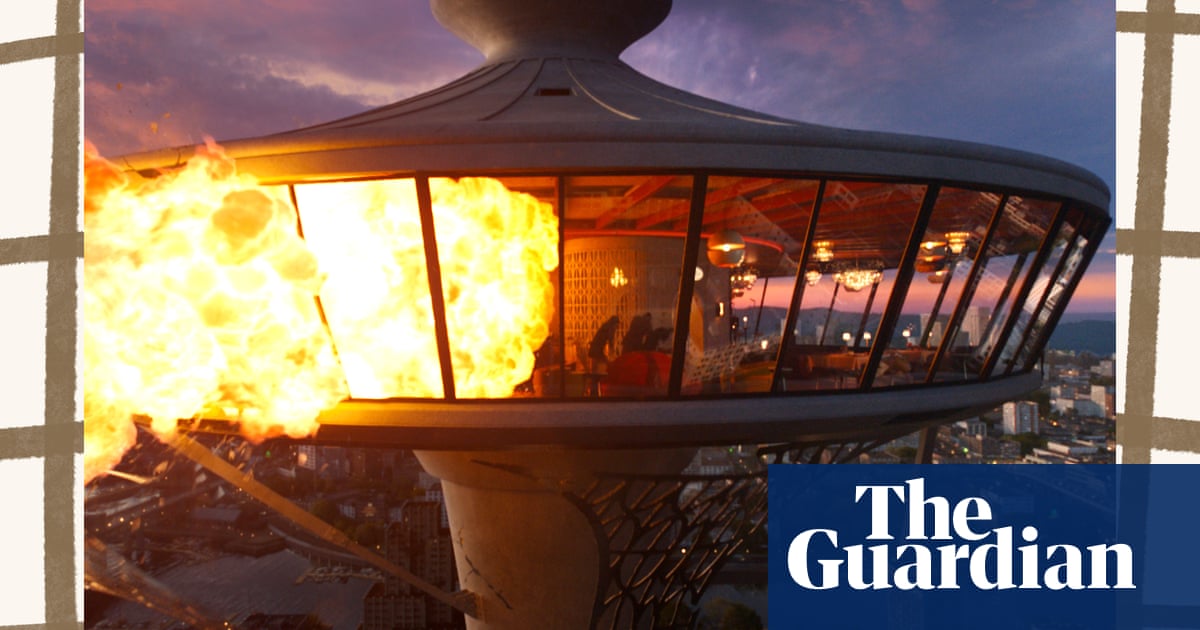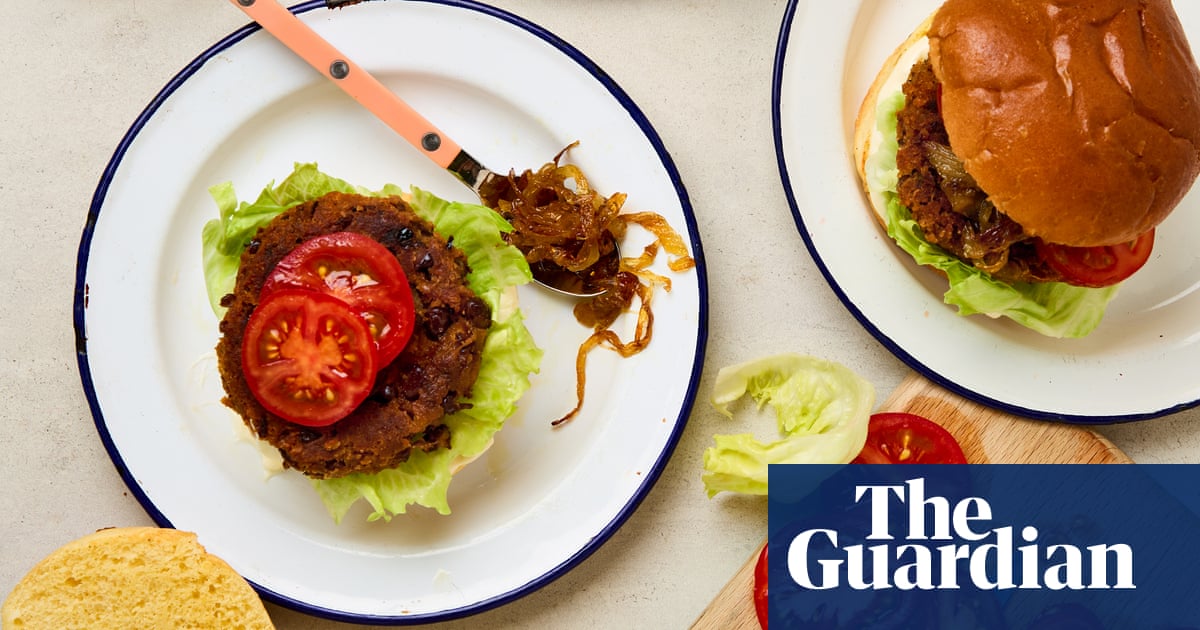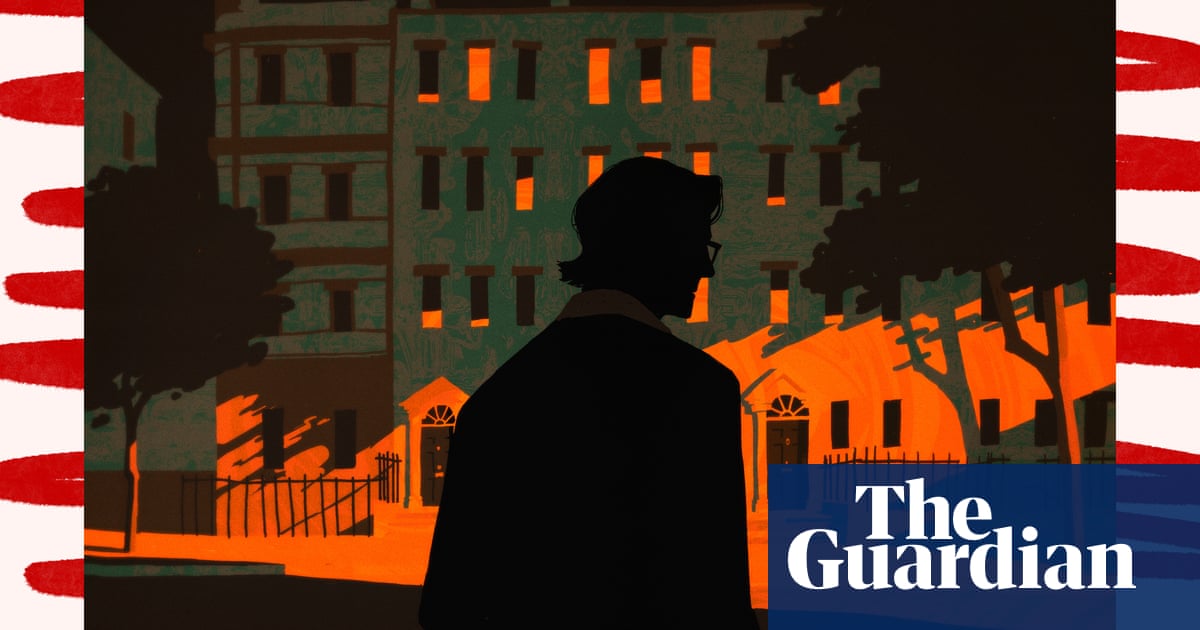Keir Starmer has had to grow a thicker skin over the past few years, but there are times when critics can still get under it. One such moment came this week, when he replied to a question about whether there was “any belief he holds which survives a week in Downing Street” by snapping back: “Yes, the belief that she talks rubbish.”
He probably knows it wasn’t a great response, not least because the MP who provoked this flash of tetchiness, Plaid Cymru’s Liz Saville Roberts, is far from being the most deserving recipient. By way of explanation, if not justification, it’s worth pointing out that Starmer’s emotions were already pretty raw this week after a suspected arson attack on his family home in north London. And he was also frustrated that his announcement of proposals for lowering immigration numbers had been interpreted as dancing to Nigel Farage’s divisive tune, or even a deliberate echo of the overtly racist one played by Enoch Powell half a century ago.
The best evidence that such attacks are well wide of the mark will be provided in London on Monday, when the prime minister signs a new deal with the European Union. The precise wording is still being thrashed out this weekend amid the usual jumble of acronyms – SPS, ECJ, SDP, ETS – that can make European politics seem so impenetrable. Their meaning will doubtless be further obscured when Reform and the Tories blow stale breath into overinflated claims about it being a “betrayal” of Britain’s 2016 referendum on leaving the EU. And the impact on people’s lives probably won’t be entirely clear until further negotiations are completed on the detail. “This is a process, not a single event,” said one of those close to the talks yesterday.
But the real significance is that they show that Britain has turned away from the very narrow, exclusionary idea of sovereignty – a go-it-alone nation that needed no one else to survive and thrive – that was at the heart of Powell’s post-imperial beliefs and provided the intellectual underpinning for the Brexit that Farage did so much to bring about.
It is striking to hear Downing Street’s most senior advisers now describe how the threats facing Britain, from Vladimir Putin’s Russia to the climate crisis, are respectful neither of national sovereignty nor borders. “The way to tackle them all is with international cooperation,” one told me. But Starmer is not starry-eyed about the EU’s intentions. He knows it will do its best to extract painful concessions from the UK. At the same time, the government is still constrained by its election promises that ruled out rejoining the single market and a customs union or allowing freedom of movement with the EU.
Even so, these “red lines” no longer seem so daunting as they once did. One catalyst for this change has been the recognition that the US is no longer a stable ally since Donald Trump resumed residence in the White House. The new security and defence pact being signed on Monday will not only enable democratic nations on this continent to coordinate the rearmament needed to protect Ukraine and defend themselves against Russia, but also make British military manufacturing firms eligible to bid for at least some of vast funding available from EU procurement contracts.
Similarly, the shock of Trump’s tariffs has made it all the more imperative for the UK to have a closer trading relationship with the EU, with a deal finally being agreed on easing barriers for livestock and fresh food products. There will be cries of pain about any “food-for-fish” compromise that gives EU boats access to British waters, but the proposed agreement should also make it much easier for small traders to export seafood to Europe. Although plans to link the UK’s carbon emissions trading scheme with that in the EU may trigger scary headlines in rightwing newspapers about potential consequences for household energy bills, a deal is now regarded as essential and urgent to securing manufacturing jobs – not least at the steel plants of Scunthorpe.
Downing Street is more robust than it would have been a few months ago about facing down opposition to “dynamic alignment” with EU rules to gain access to food and energy markets, or giving a role for the European court of justice in settling disputes. Advisers believe there is little appetite for such Brexit-era sovereignty arguments among voters who are more concerned about jobs and living standards.
Although the Home Office remains fixated on reducing numbers of immigrants, Monday will see a “statement of intent” on agreeing a fixed number of visas for a youth mobility scheme between the UK and the EU, as well as some warm words about easing travel restrictions for musicians touring Europe. Further work needs to be done on data sharing to combat illegal immigration, but progress is being made on restoring some of the pre-Brexit cooperation on allowing the speedy return of asylum seekers to countries where they first claimed refugee status.
What runs through all of this is not some ideological remainer-ish desire for Britain to rejoin the EU, but a series of calculations about pursuing the national interest on jobs, protecting borders and defending some recognisably British values. Some people may not like his choices, while others will complain that he changes his mind. But the best answer to the question of what Starmer really believes in and stands for is that, at a dangerous time in a very turbulent world, this prime minister is a relentless, hard-headed and rather patriotic pragmatist.
-
Tom Baldwin is a journalist and former senior adviser to the Labour party. He is the author of Keir Starmer: The Biography

 3 hours ago
4
3 hours ago
4
